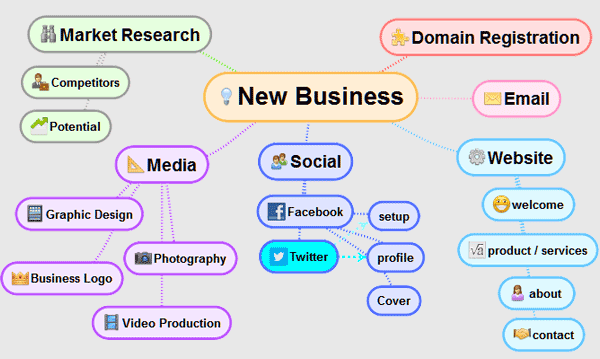The first cohort of Manx Care learners have begun their BSC (Hons) Paramedic Science Degree Studies at the University of Cumbria.

The five apprentices are the first of fifteen that have been funded to complete their education over the next three years.
The course has been developed in line with the Health and Care Professions Council (HCPC) Standards of Proficiency for registered Paramedics, the Institute for Apprenticeships and Technical Education’s Paramedic standard, the Quality Assurance Agency’s benchmark statements for Paramedic Science, and the College of Paramedics (CoP) Curriculum Framework Guidance. Upon successful completion of the course, the students will be able to practise under the protected title of Paramedic.
Manx Care and the University of Cumbria have formed a partnership following an 18 month process to facilitate the training of internal colleagues to become Paramedics on the Island, where they will be primarily based. Manx Care has on-boarded four Ambulance colleagues who are also associate lecturers with the University of Cumbria, to support the students and the delivery of the programme. The first student cohort is due to graduate in the summer of 2026.
Head of the Isle of Man Ambulance Service, Will Bellamy, commented:
‘I am delighted that we have secured funding for fifteen of our ambulance colleagues to be given the opportunity to progress and train to become Paramedics on-Island. Previously people have been deterred from the pathway as they do not want to leave their commitments on the Island. Expanding our service in this way will allow us to deliver a more structured approach to our provision of care to the community and will reduce the strain across our hard-working colleagues.’
Associate Professor, Tom Davidson, Director for the Centre for Excellence for Paramedic Practice at the University of Cumbria, said:
‘We are proud and excited to support Manx Care and the Isle of Man community through this innovative paramedic apprenticeship pathway.
‘Our university is recognised and prides itself on addressing sector, regional and national skills needs. We do this by working closely with employers across frontline public services, and many industries to upskill and reskill the workforce. This enables our graduates and communities to thrive, now and for generations to come.’




